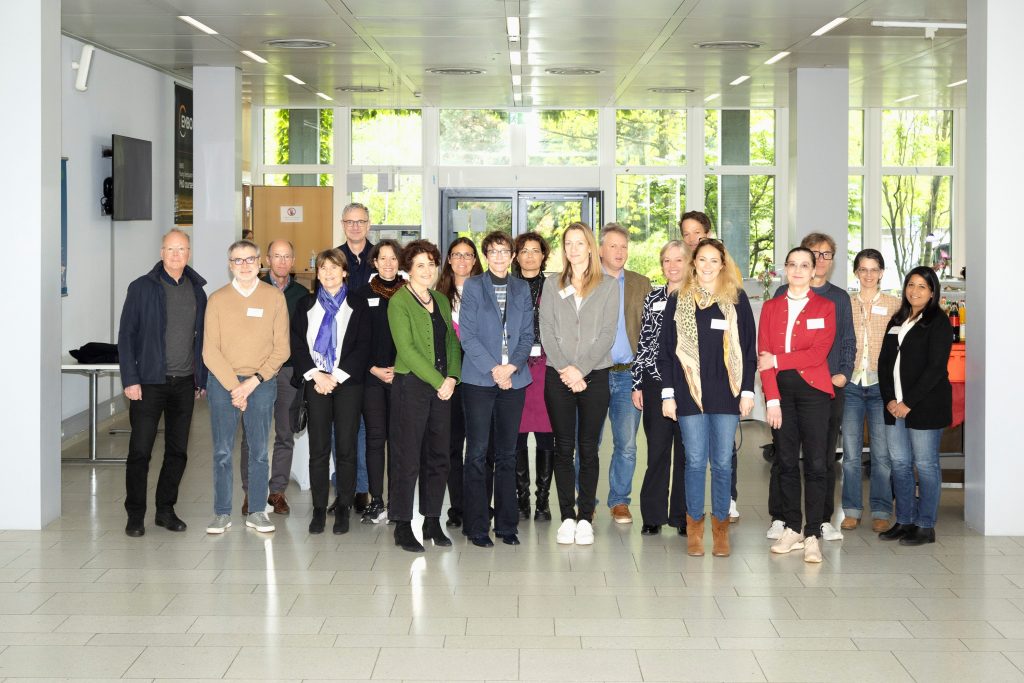SAC members
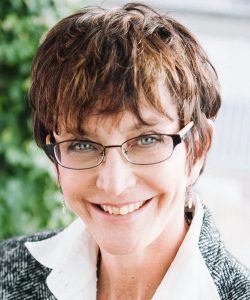
(Membership term 2019-2021, 2022-2024, 2025)
Director of the Donnelly Centre for Cellular and Biomolecular Research and Professor of Molecular Genetics at the University of Toronto (CA)
Research: analysis of genetic interaction networks in budding yeast and mammalian cells, high through-put genetics platforms, high content microscopy for systematic analysis of cell biological phenotypes.
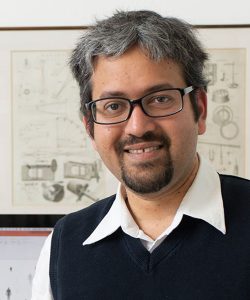
(Membership 2024-2026)
Director, Center of Excellence for Data Driven Discovery, Endowed Chair in Biological Data Sciences, St Jude Children’s Research Hospital, Memphis, TN (US)
Research: GPCR Signaling, Regulation and Pharmacology, Intrinsically Disordered Proteins in Biology and Disease, Gene Expression, Gene Regulation, Protein Degradation and Protein Homeostasis, Methods for Biological Data Science, Systems Biology and Network Biology, Computational Biology and Structural Bioinformatics, Drug Discovery and Chemoinformatics, Human Genetics, Population Genetics and Cancer Genomics
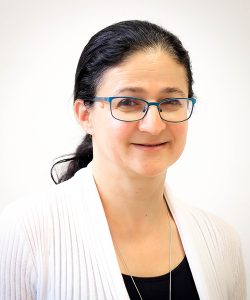
(Membership 2023-2025)
Full Professor, The Hebrew University of Jerusalem (IL)
Research: Biophysical description of the responses of bacteria under antibiotic treatments, and their implications for understanding treatment failure and evolution of resistance.
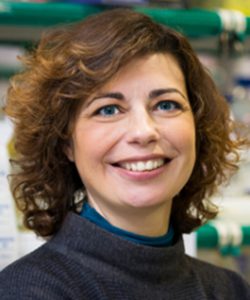
(Membership 2024-2026)
Senior Group Leader at the Instituto Gulbenkian de Ciência, Oerias (PT)
Research: Cell cycle regulation: interested in general principles of biology concerning the assembly and maintenance of complex subcellular structures, as well as their variations, which can occur during development, disease and evolution.
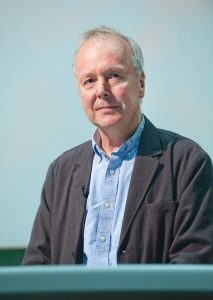
(Membership 2022-2024, 2025-2027)
Buchanan Professor of Genetics, University of Edinburgh (UK)
Research: Studies how the genomic landscape of mammals influences gene expression. His laboratory identified CpG islands as gene markers and discovered proteins that read DNA methylation to influence chromatin structure. Mutations in one such protein, MeCP2, cause the neurological disorder Rett Syndrome, which he found to be reversible. His recent work indicates that DNA base composition can be read as a signal to influence cell fate.

(Membership 2020-2022, 2023-2025)
Full Professor of Molecular Biology, Sapienza Universtity of Rome (IT) and Senior Researcher at the Italian Institute of Technology (IT)
Research: Post-transcriptional regulation of gene expression; role on non coding RNAs in cell differentiation and development; neuromuscular diseases.
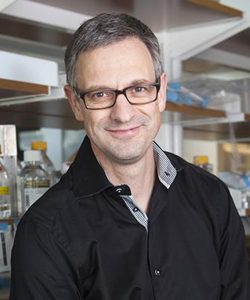
(Membership 2024-2026)
Principal Investigator, Professor, Departments of Systems Biology, and Biochemistry & Molecular Biotechnology; Joseph J. Byrne Chair in Biomedical Research, UMass Chan Medical School, Worcester, MA (US)
Research: Mechanisms of Chromosome Folding: Determining the pathways by which cells build mitotic chromosomes and segregate sister chromatids; Elucidating the molecular mechanisms by which cells fold their genomes during the cell cycle; Mapping how genomic rearrangements in cancer cells rewire enhancer-promoter interactions; Analysing the impact of nuclear organisation on DNA damage repair outcomes.
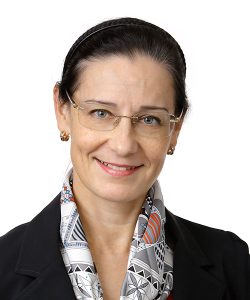
(Membership 2023-2025)
Professor, University of Helsinki (FI)
Research: Cell biology of cholesterol and related lipids, developing tools to visualize their distribution and trafficking in cells.
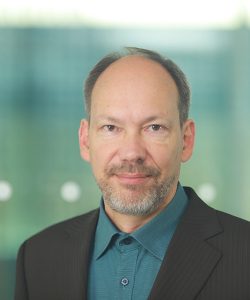
(Membership term 2021-2023, 2024-2026)
Director of the Max Planck Institute for the Physics of Complex Systems and Professor of Biophysics at the Technical University of Dresden (DE)
Research: study of cellular oscillations, cellular signaling and the cytoskeletal dynamics during cell division and cell motility, the biophysical basis of hearing, the biophysical properties and dynamics of tissues and epithelia.
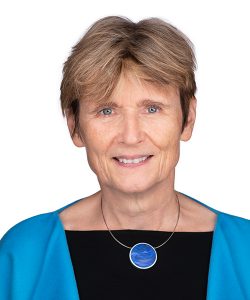
(Membership 2022-2024, 2025-2027)
Director, Whitehead Institute and Professor of Biology at Massachusetts Institute of Technology (MIT) (US)
Research: Using Drosophila melanogaster as a model organism, the Lehmann lab studies how germ cells are set apart from somatic cells during embryogenesis, how early germ cells are guided to the gonad and how germ cell fate is maintained and protected throughout life in order to generate egg and sperm.
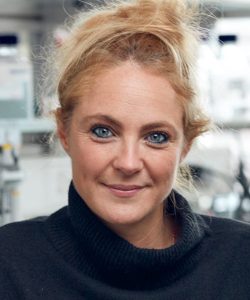
(Membership 2024-2026)
Professor, Friedrich Miescher Institute for Biomedical Research, Basel (CH)
Research: Aims to understand the collective properties of multi-cellular systems and their patterns, including how such properties arise from single-cell behaviour and organisation. Develops and applies experimental and theoretical frameworks to study cellular heterogeneity during collective cell behaviour.
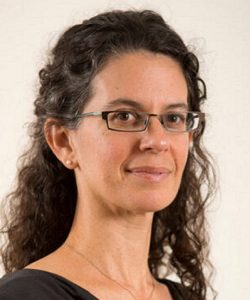
(Membership 2022-2024, 2025-2027)
Gordon M. Binder/Amgen Professor of Biology and Geobiology; Executive Officer for Biology & Biological Engineering, , California Institute of Technology (Caltech) (US)
Research: Bioenergetics and survival physiology of metabolically diverse, genetically-tractable bacteria involving redox-active metabolites. Biofilm biology principles and applications in the context of human chronic infections and crop rhizospheres.
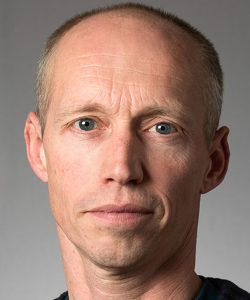
(Membership 2025-2027)
Professor, Director for Center for Immunology of Viral Infections (CiViA) (DK)
Research: He is interested to understand innate immune responses to virus infections, with focus on recognition, antiviral effector mechanisms, and immune-mediated pathology. He has a particular focus on herpes simplex virus and infections in the CNS.
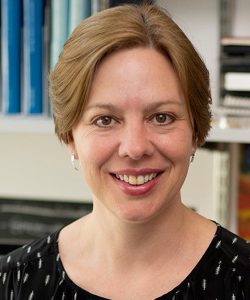
(Membership 2024-2026)
Group Leader, MRC Laboratory of Molecular Biology, Cambridge (UK)
Research: Using an integrated approach combining structural, biochemical and functional studies, she aims to understand mechanisms of mRNA polyadenylation, deadenylation and DNA crosslink repair.

(Membership 2023-2025)
Professor, University of Vienna (AT)
Research: Structure-function relationships within microbial communities. Ecological and evolutionary dynamics of microbial population. In situ molecular approaches, environmental genomics, traditional physiological and genetic techniques and modeling.
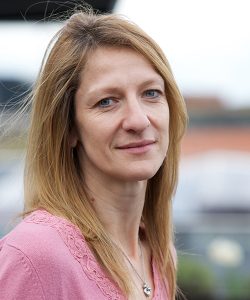
(Membership 2022-2024, 2025-2027)
Pro Director, Research and Academic Development of London School of Hygiene and Tropical Medicine, University of London, Professor of Epigenetic Epidemiology, University of Bristol (UK)
Research: The application of molecular epidemiology to understand the causes and consequences of common complex diseases, including the development and application of causal inference methods in molecular epidemiology. The use of omic technologies in the prediction of exposures, disease incidence, prognosis and treatment response.
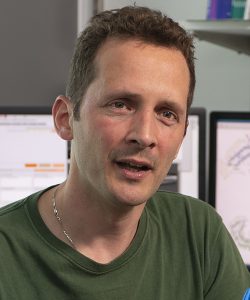
(Membership 2025-2027)
Professor, MRC Laboratory of Molecular Biology (UK)
Research: His laboratory develops methods for cryo-electron microscopy structure determination and apply these to solve the atomic structures of amyloid filaments from neurodegenerative disease.
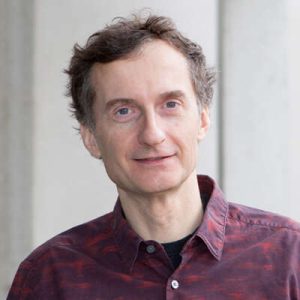
(Membership 2025-2027)
Professor, Biozentrum, University of Basel (CH)
Research: Studies the mechanisms underlying embryonic development and the regulation of sleep in vertebrates, applying single-cell methods to construct lineage trees that capture the major decisions made by cells as they differentiate, with the long-term goal of understanding the statistics of development.
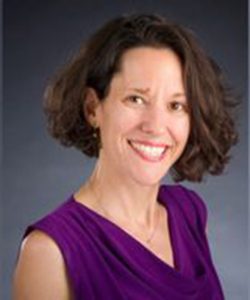
(Membership 2023-2025)
Director at the Max Planck Institute of Biochemistry, Scientific Member of the Max Planck Society
Honorary Professor, Department of Chemistry, Technical University of Munich (DE)
Research: Biochemistry, structural biology, post-translational modifications, ubiquitin, protein degradation, cell cycle, autophagy.
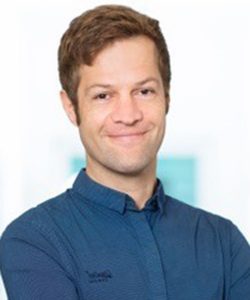
(Membership 2020-2022, 2023-2025)
Head of Institute Helmholtz Zentrum München, Institute of Computational Biology (DE)
Research: Find hidden patterns in biomedical data sets and use those to predict and understand future behavior of these systems. For this together, with his team, he develops and adapts methods from machine learning as well as from dynamic modeling, and apply them to molecular read outs, in particular in single cell genomics and microscopy. With their experimental partners, he thus solves complex biological and medical questions such as stem cell decision making or risk prediction in systems medicine.
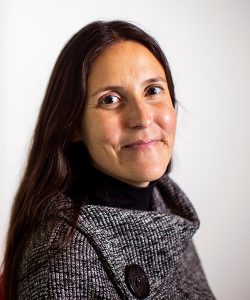
(Membership 2023-2025)
Andrew (1956) and Erna Viterbi Professor of Engineering, MIT
Director, Eric and Wendy Schmidt Center, Broad Institute, MIT, Cambridge, MA (US)
Research: The Uhler Lab develops machine learning foundations and methods for integrating different data modalities and inferring causal relationships from such data in an active fashion.
* Turning over 31 December 2025
EMBL SAC Reviews and Meetings
2025
EMBL Grenoble Unit Review – Grenoble (France)
Tuesday 25 – Thursday 27 February
For Review Panel members and Observers only
EMBL-EBI Research Review – Hinxton (United Kingdom)
Tuesday 25 – Thursday 27 March
For Review Panel members and Observers only
EMBL Cell Biology and Biophysics Unit Review – Heidelberg (Germany)
Monday 05 – Wednesday 07 May
For Review Panel members and Observers only
EMBL Programme Review and Annual SAC Meeting – Heidelberg (Germany)
Thursday 08 – Friday 09 May
For EMBL SAC Members and Invited Participants only
2026
EMBL Heidelberg Core Facilities and Imaging Services Review – Heidelberg (Germany)
Tuesday 24 – Thursday 26 February
For Review Panel members and Observers only
EMBL Training Review – Hinxton (United Kingdom)
Tuesday 17 – Thursday 19 March
For Review Panel members and Observers only
EMBL Barcelona Review – Barcelona (Spain)
Tuesday 14 – Thursday 16 April
For Review Panel members and Observers only
Molecular Systems Biology Unit Review – Heidelberg (Germany)
Monday 04 – Wednesday 06 May
For Review Panel members and Observers only
EMBL Annual SAC Meeting – Heidelberg (Germany)
Thursday 07 – Friday 08 May
For EMBL SAC Members and Invited Participants only

